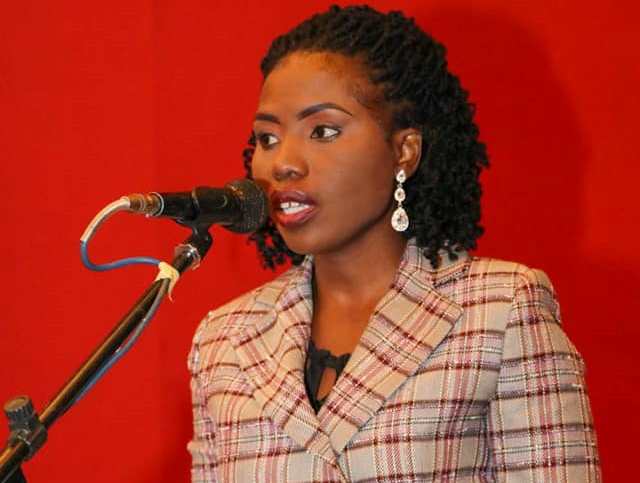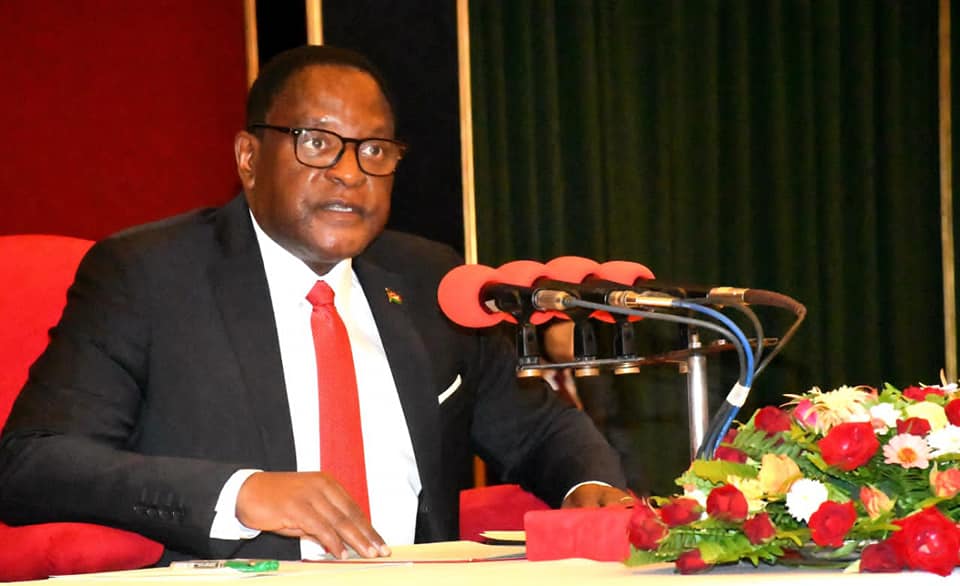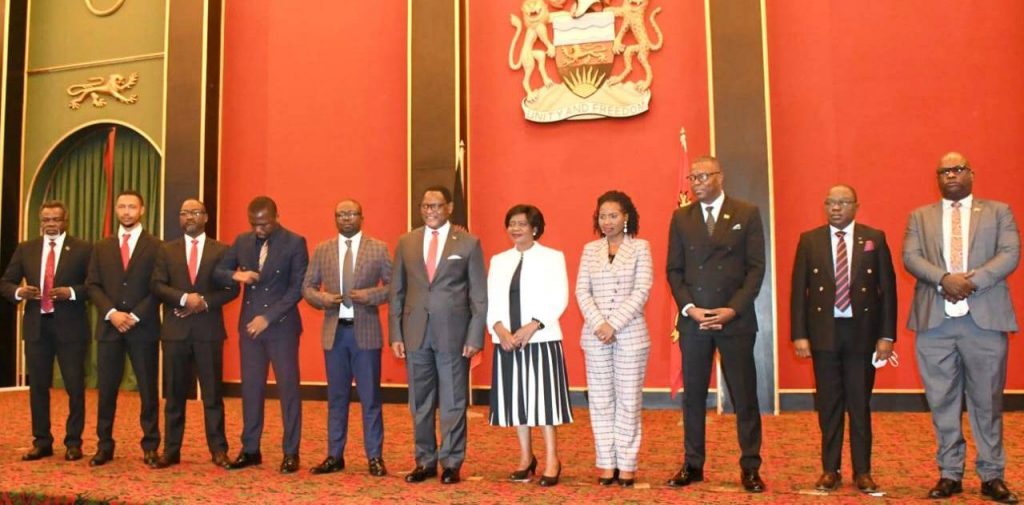Media protests ‘spying’, abuse
Media Institute for Southern Africa (Misa) Malawi Chapter chairperson Teresa Ndanga has protested against State agents’ spying on journalists and their sources, saying it is a threat to media credibility and public trust.
Speaking on Tuesday during a World Press Freedom Day media breakfast President Lazarus Chakwera hosted at Kamuzu Palace in Lilongwe, she lamented that some of the laws and systems the Malawi Government was putting in place and strictly enforcing, including the Electronic Transactions and Cyber Security Act of 2016, were being abused to track and arrest Internet users instead of protecting them from surveillance.

Ndanga said: “The abuse of laws and systems by State agents and other actors to spy on journalists and their sources is not only a threat to the right to privacy that the Malawi Constitution guarantees, but also erodes whistle-blowers and public trust in the media.
“We have also noted with concern that the Malawi Police Service is abusing the regulatory framework of digital platforms to reduce space for freedom of expression, the very engine of media freedom.”
While commending Chakwera for committing to uphold media freedom as guaranteed in the Constitution, she said it was unfortunate that the Office of the President and Cabinet remained closed to the media, thereby defeating the President’s good intentions of making the Access to Information Act work when he signed it into law in 2020.
In his address, the President said he was committed to ensuring that the media enjoys freedom to broadcast and publish without being gagged.

He also said government will review archaic laws that hinder media freedoms.
Chakwera said: “There are still a number of pieces of legislation, including the Penal Code that criminalises and punishes the exercise of freedoms that the Constitution guarantees. It is the task of our generation to see these contradictions cured by amendments through Parliament.
“Having worked as a legislator myself, I know that the process of changing our laws can be painstaking and cumbersome, but I am determined to see it done.”

The President called for self-regulation by the media to ensure that any time a journalist publishes something or a social commentator says something, people should not react in a manner that infringes on their freedom to do so.
Chakwera said the principle of self-restraint applies to him, every public officer, every agency of the State and every citizen. He acknowledged that from time to time someone will write or say things that offend or embarrass, but that does not give anyone the licence to “deal” with them.
Chakwera said those who feel their name and reputation has been unjustly defamed should lodge complaints to regulatory bodies and the courts that follow strict rules of justice instead of seeking to injure back.
He said: “We must never seek to harm those who offend us in this way or try to deprive them of their freedom through illegal searches, seizures, arrests or acts like hacking, harassment and cyber-bullying.”
The President said there were many people who seek to corrupt the media to settle personal scores and even to disrupt social order and, therefore, advised the media to ensure its noble work is not unduly influenced or left open to attack.
Chakwera said he decided to host the journalists to a breakfast to personally assure them of his resolve and the Tonse Alliance administration’s commitment to the preservation and defence of a constitutional provision that concerns the media profession in particular.
Minister of Information and Digitalisation Gospel Kazako admitted that the country has not made progress for the past 29 years of democracy due to lack of transparency and accountability.
He said journalists should not be regarded as endangered species, but rather treated with the dignity they deserve.
The minister said high taxes on printing ink, cost of radio transmission equipment and high licensing fees levied by Malawi Communications Regulatory Authority to broadcasters remained impediments to the growth of the media. However, he was quick to point out that a task force was already looking into the issues.
The theme of this year’s World Press Freedom Day is ‘Journalism Under Digital Siege’ and was coined to recognise the fact that freedom of expression and freedom of the press were more in need of preserving and defending now in the digital age than ever before.
In the past year, police arrested journalists Gregory Gondwe, Watipaso Mzungu and Enock Balakasi for their work deemed critical of the government.





